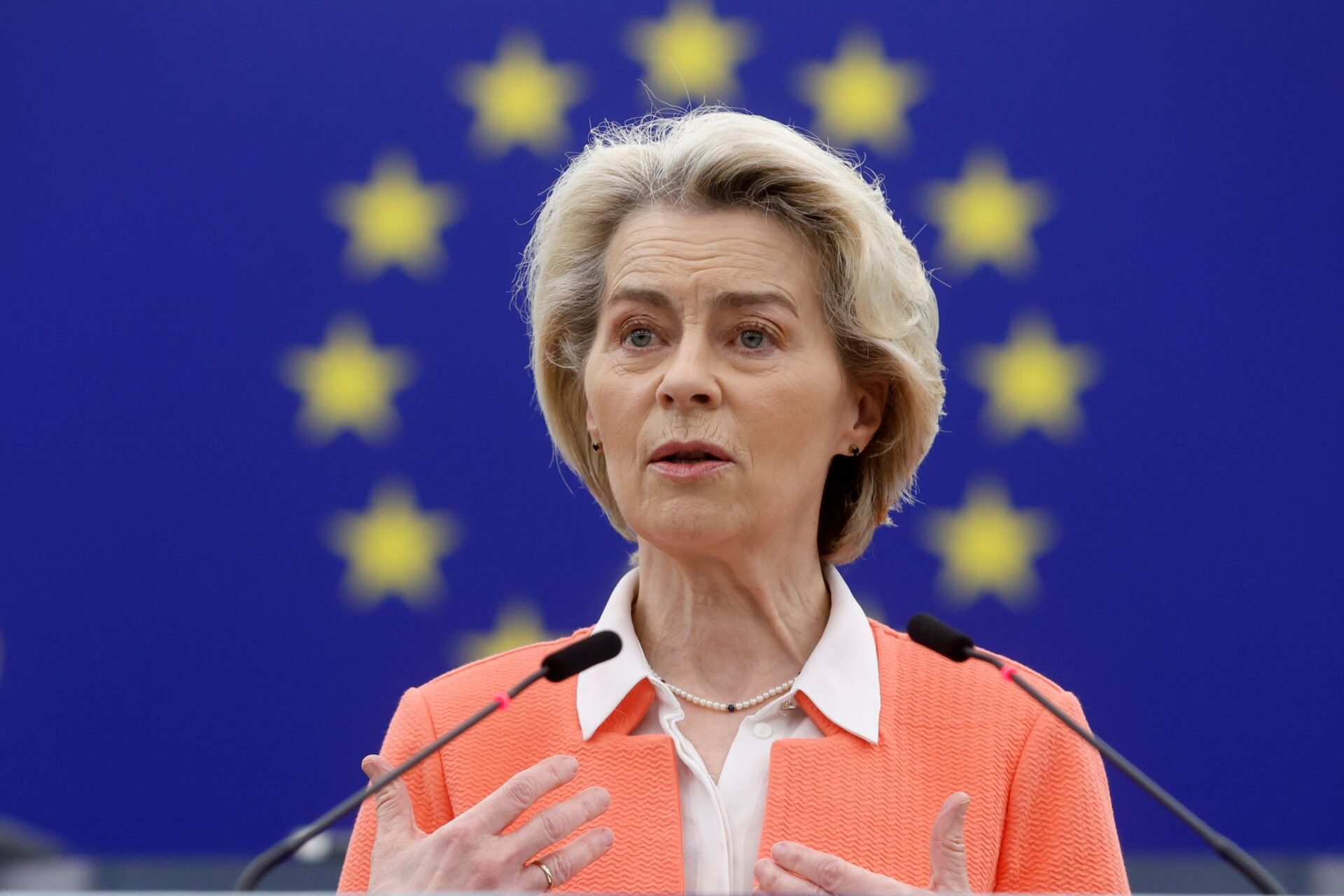Berlin/Brussels – Landslide victory for the conservative Union, slap for the federal government and significant gains for the right-wing populist AfD: In the European elections, Germany has shifted to the right. According to the counting of all 400 districts nationwide, the AfD ranks second place – in the east even first place. SPD, Greens and FDP suffer losses and together achieve only just under a third of the votes. The Left also declines – and is overtaken by the new BSW party of Sahra Wagenknecht.
As the federal returning officer announced early Monday morning on her homepage, the Union slightly increases to 30.0 percent (2019: 28.9). The AfD achieves its best result so far in a nationwide vote with 15.9 (2019: 11) – it is however lower than interim poll results. In East Germany, the party is by far the strongest force. The SPD, which also relied on Chancellor Olaf Scholz as a figurehead in the campaign, falls to 13.9 percent (15.8) – its worst result ever in a nationwide election. The Greens slip to 11.9 percent (20.5). The FDP loses only slightly, coming in at 5.2 percent (5.4).
The Left lands at a meager 2.7 percent (5.5) – its worst result in European elections. The BSW party achieves 6.2 percent right from the start. The Free Voters come in at 2.7 percent (2.2), the Volt party at 2.6 percent (0.7).
In the European elections in Germany, unlike in federal and state elections, there is no threshold clause, such as a five-percent hurdle. According to projections, voter turnout is at 65 percent. In 2019 it was 61.4 percent, back then Germany ranked 5th compared to the 27 EU countries. For the first time, 16- and 17-year-olds were allowed to vote in European elections in Germany. (June 10)
 go to the original language article
go to the original language article
